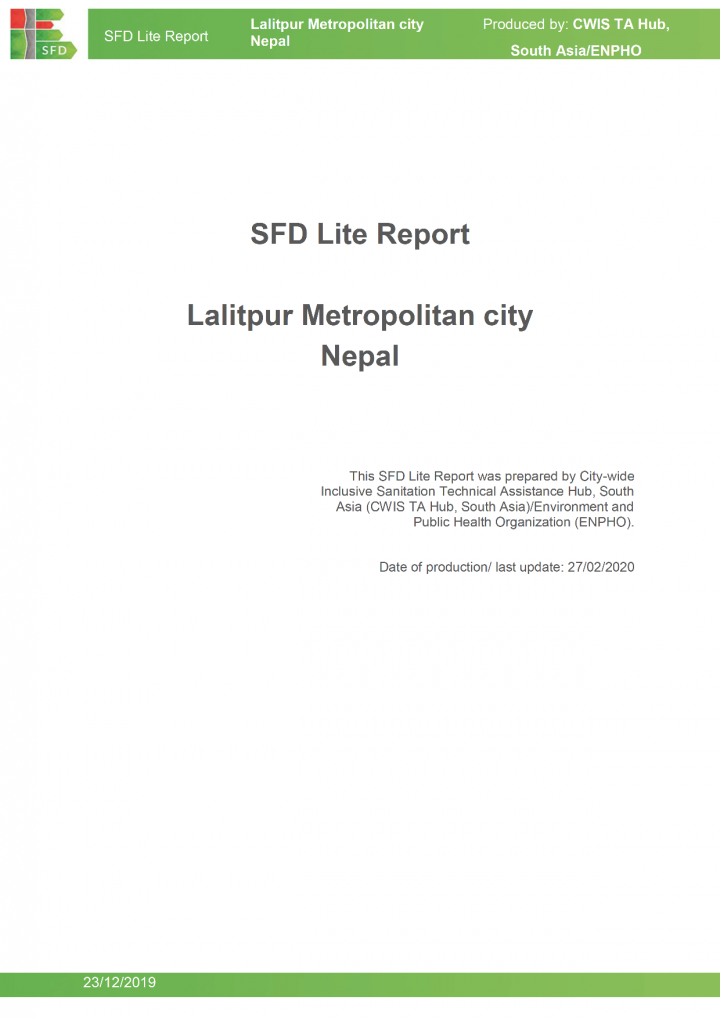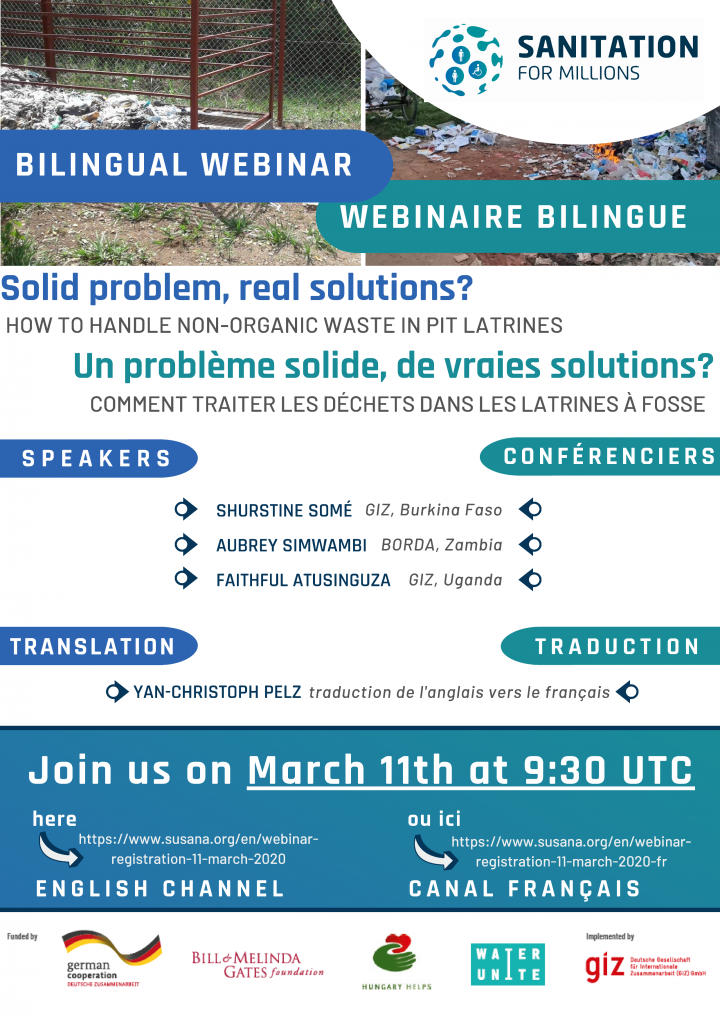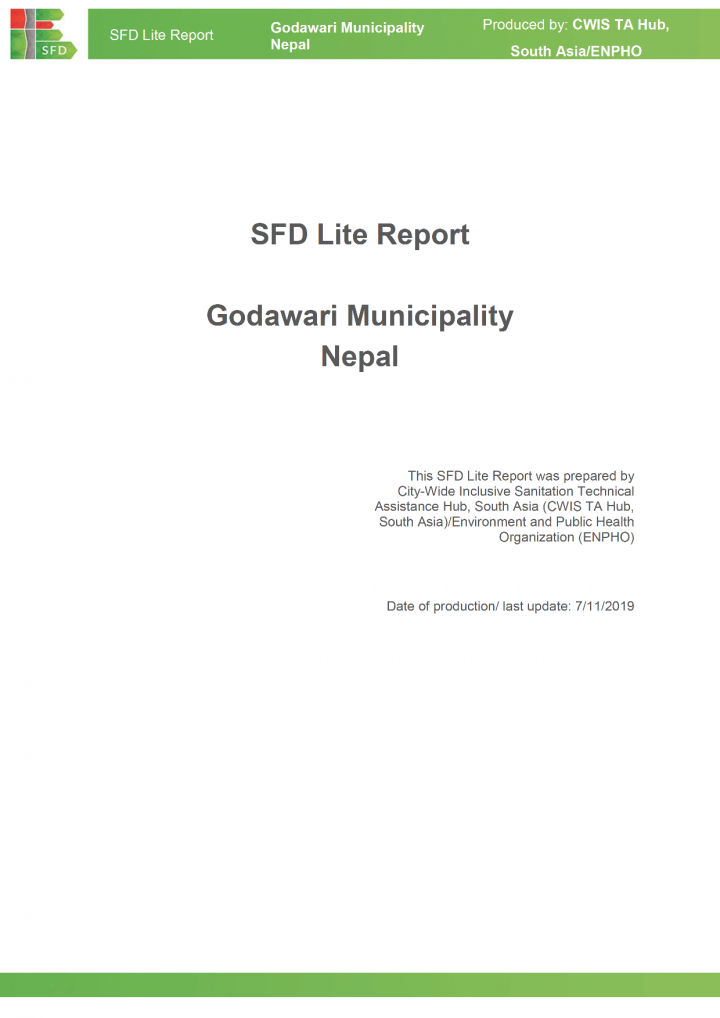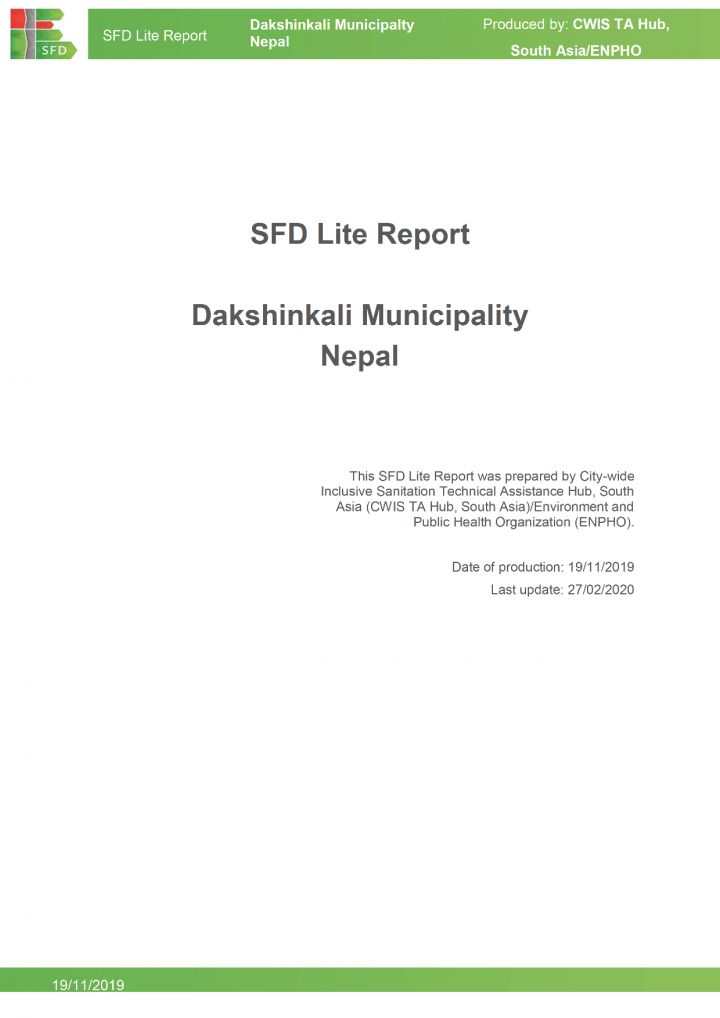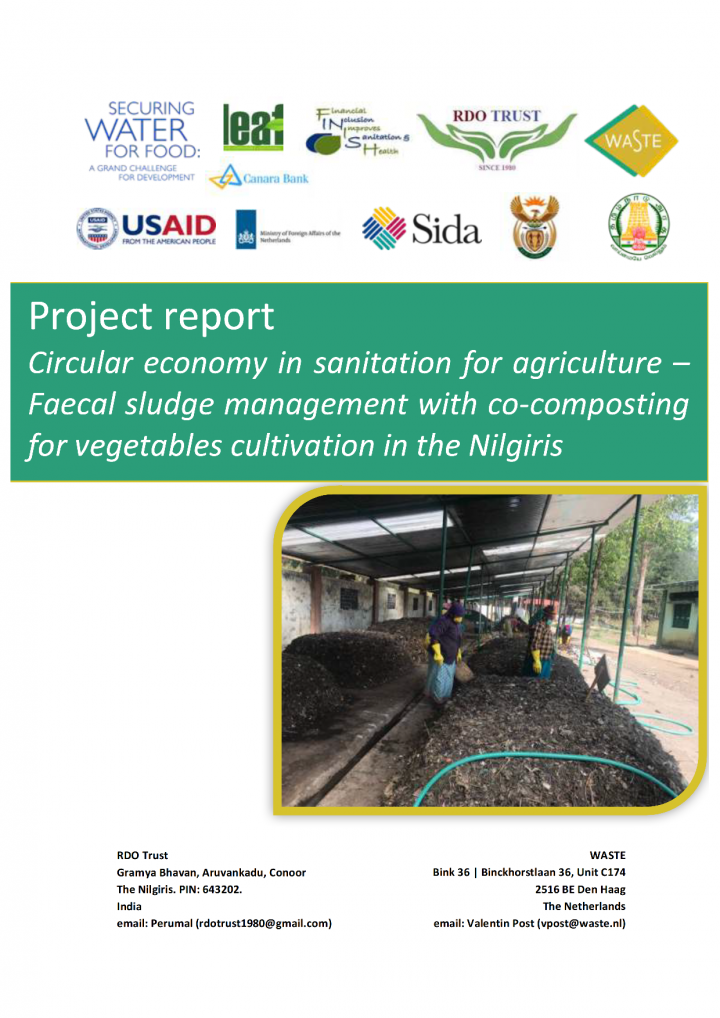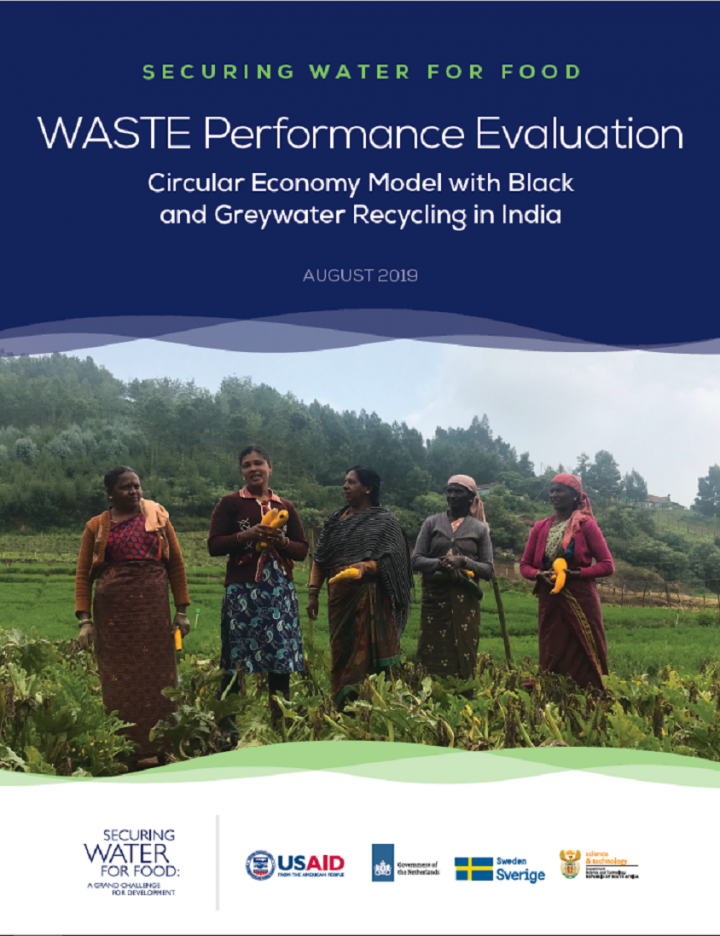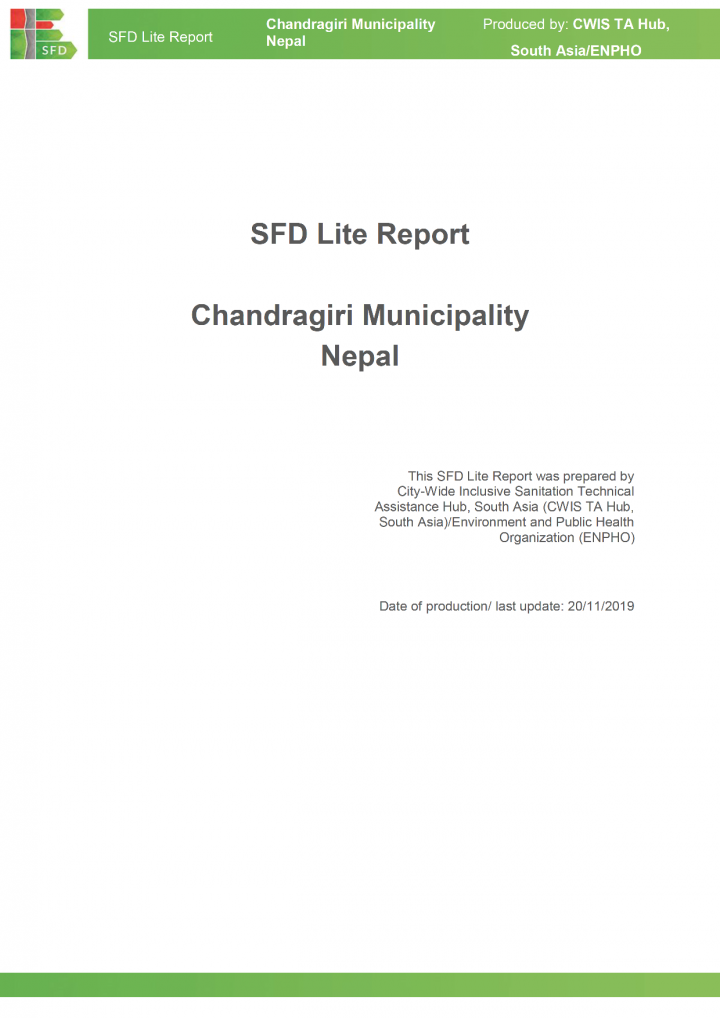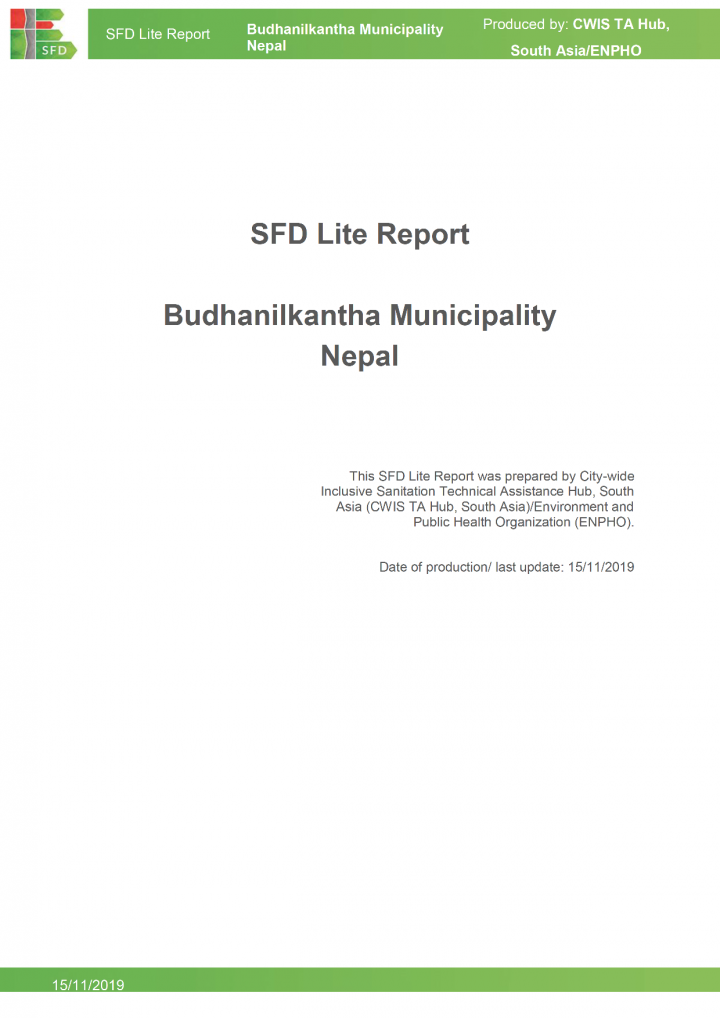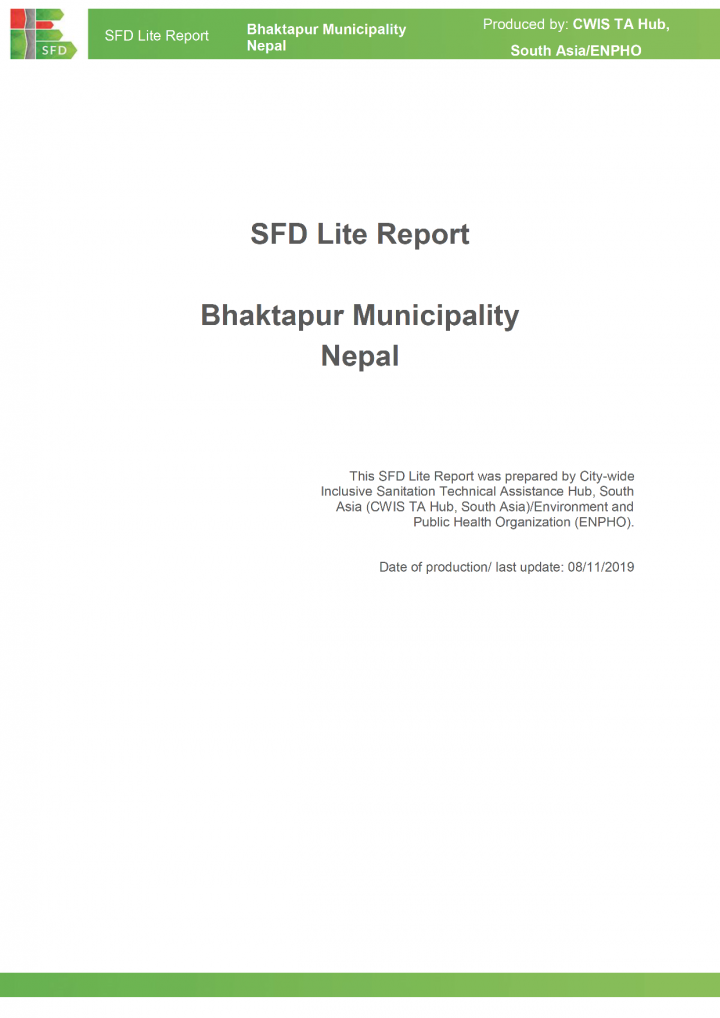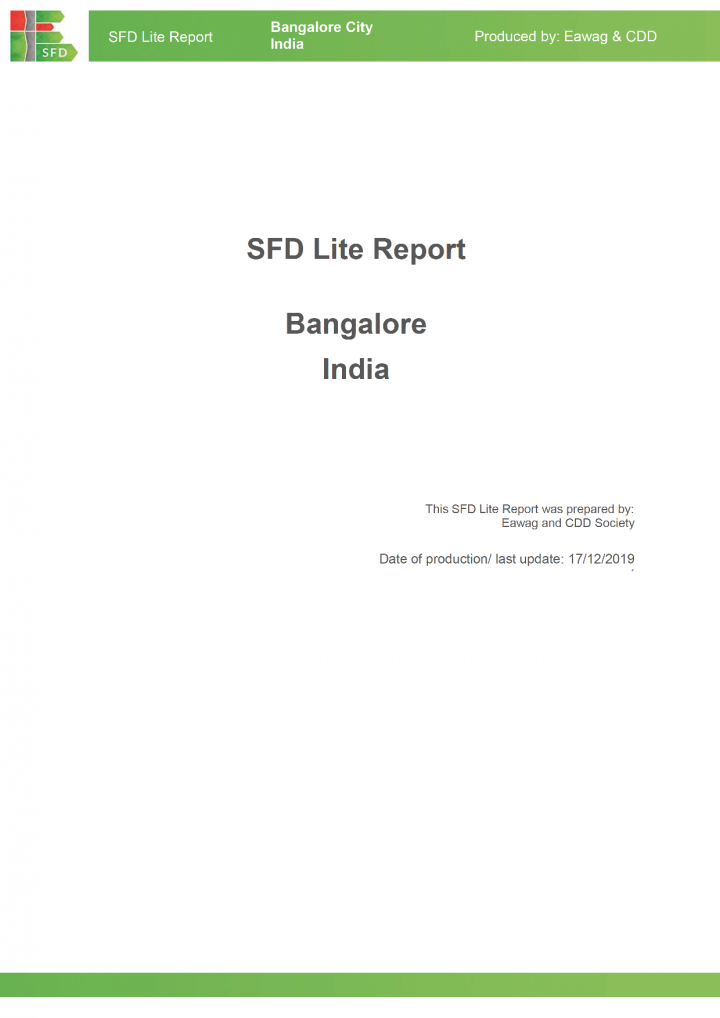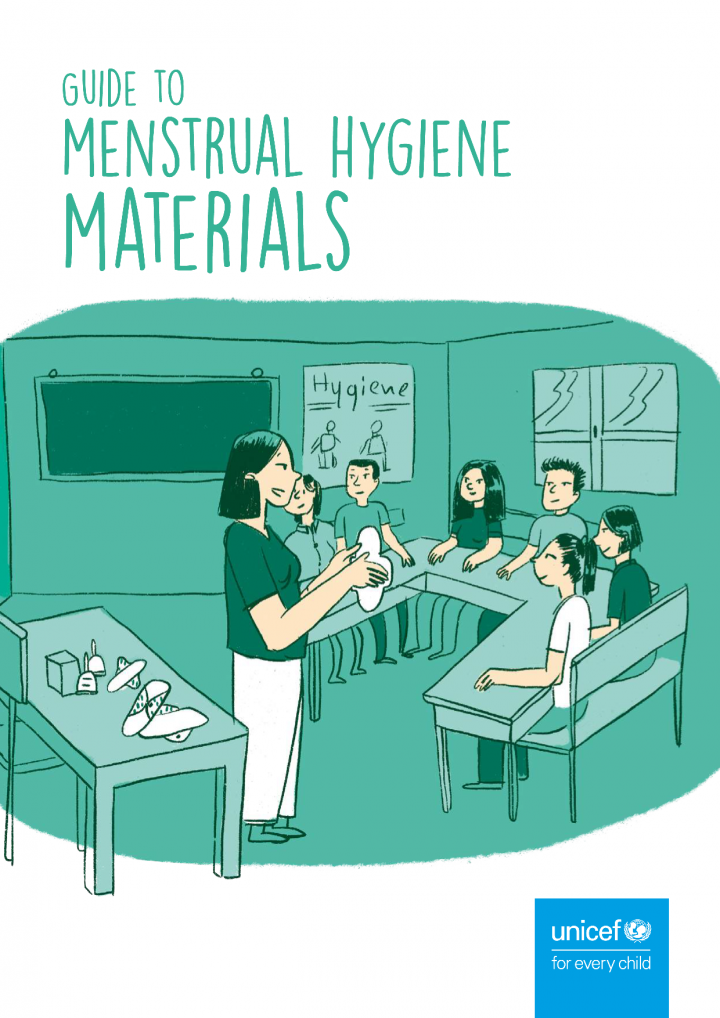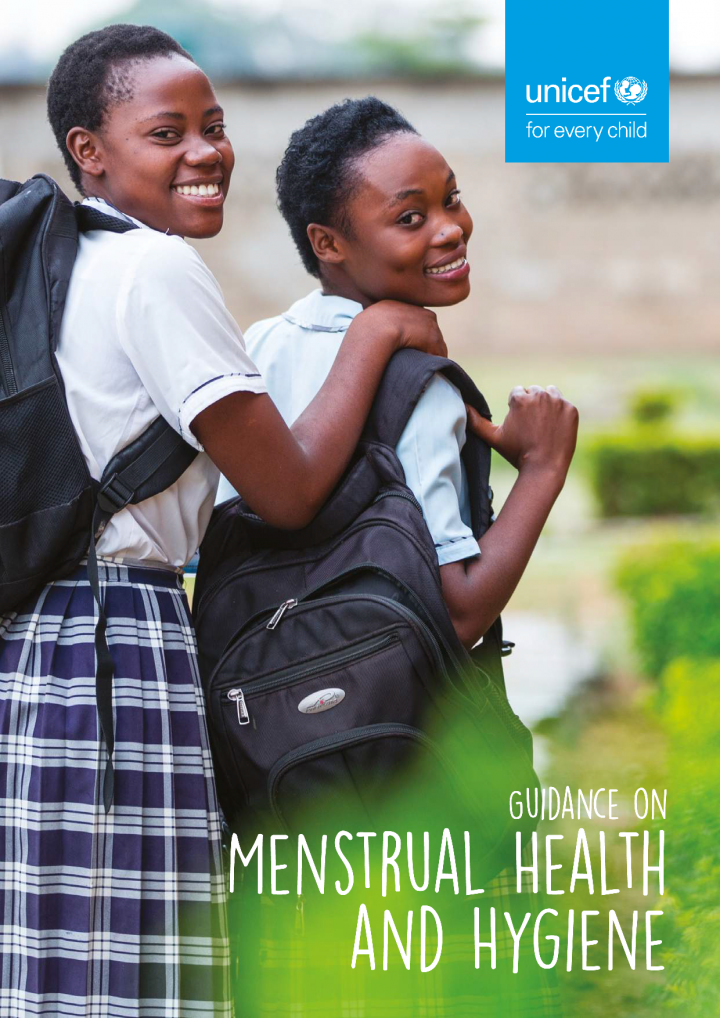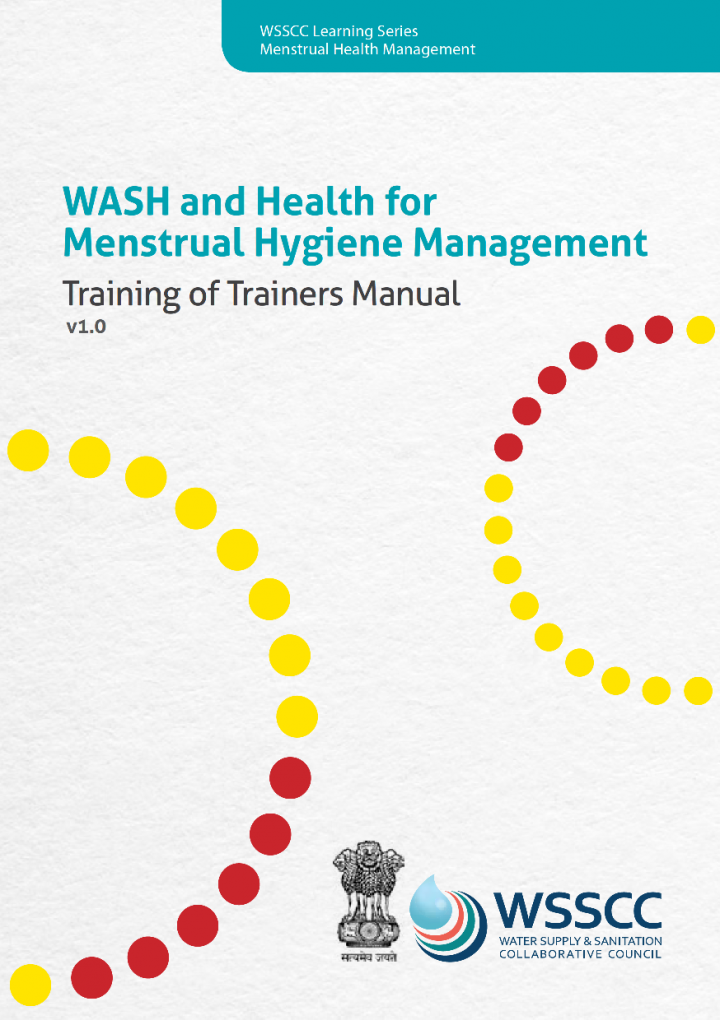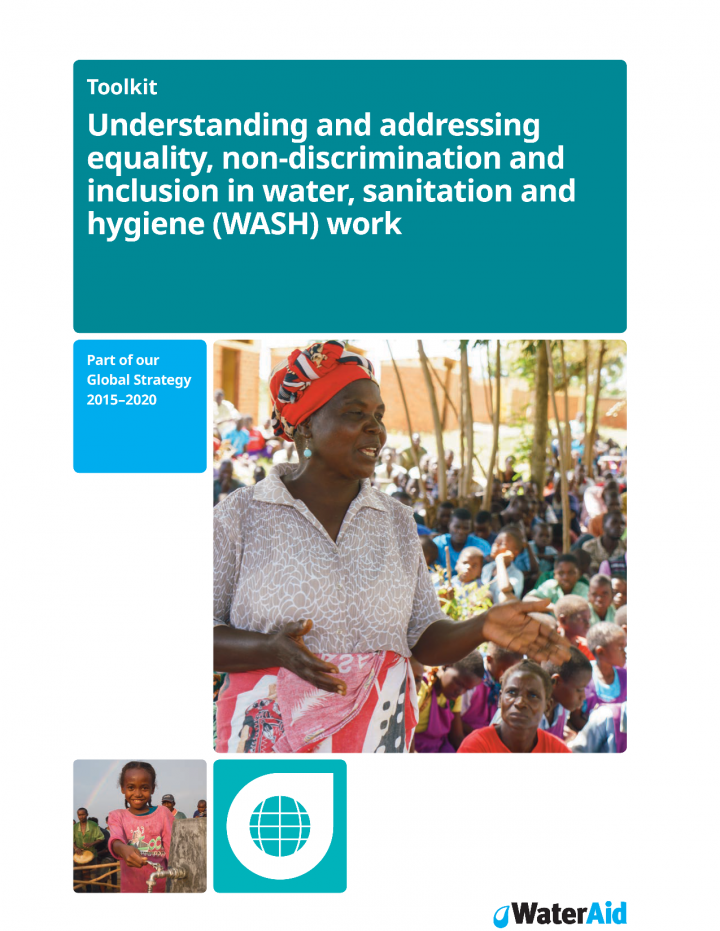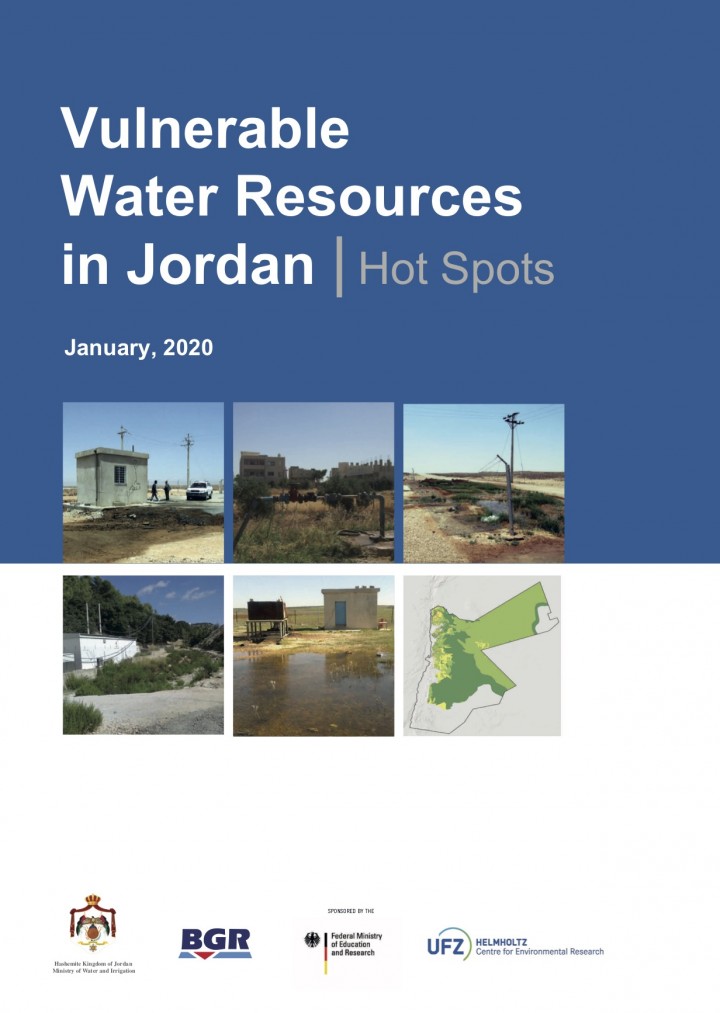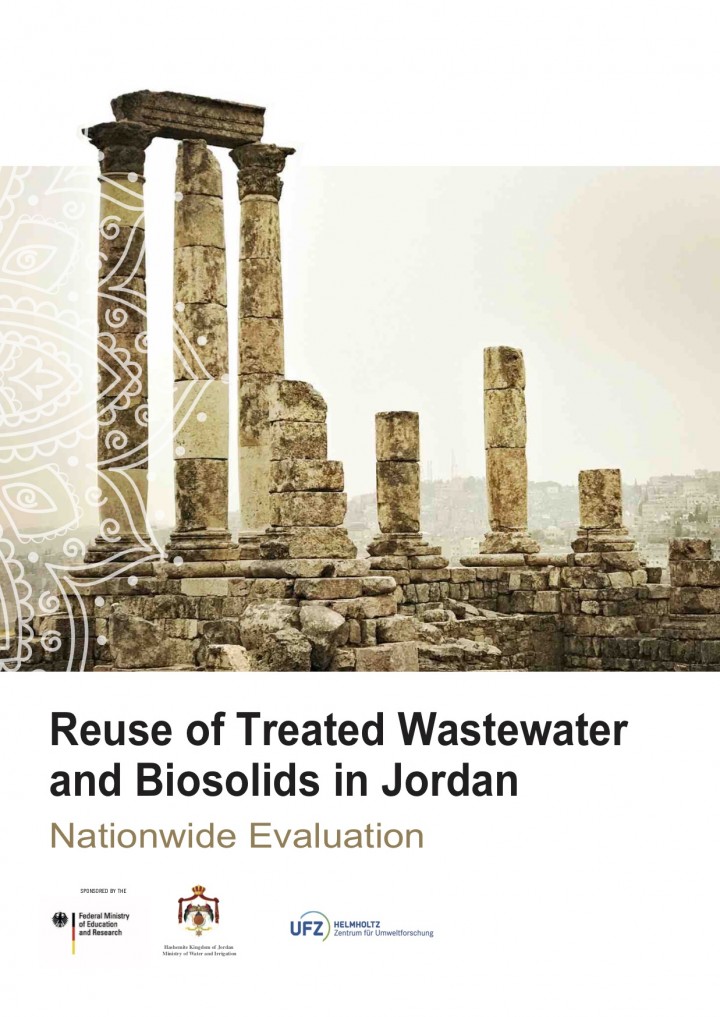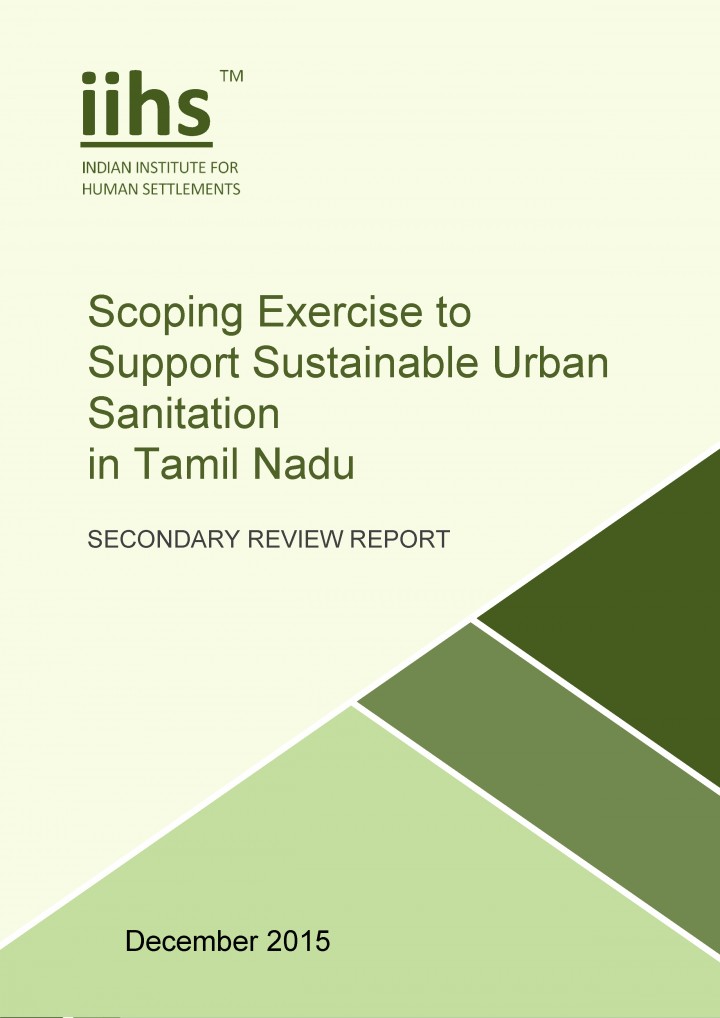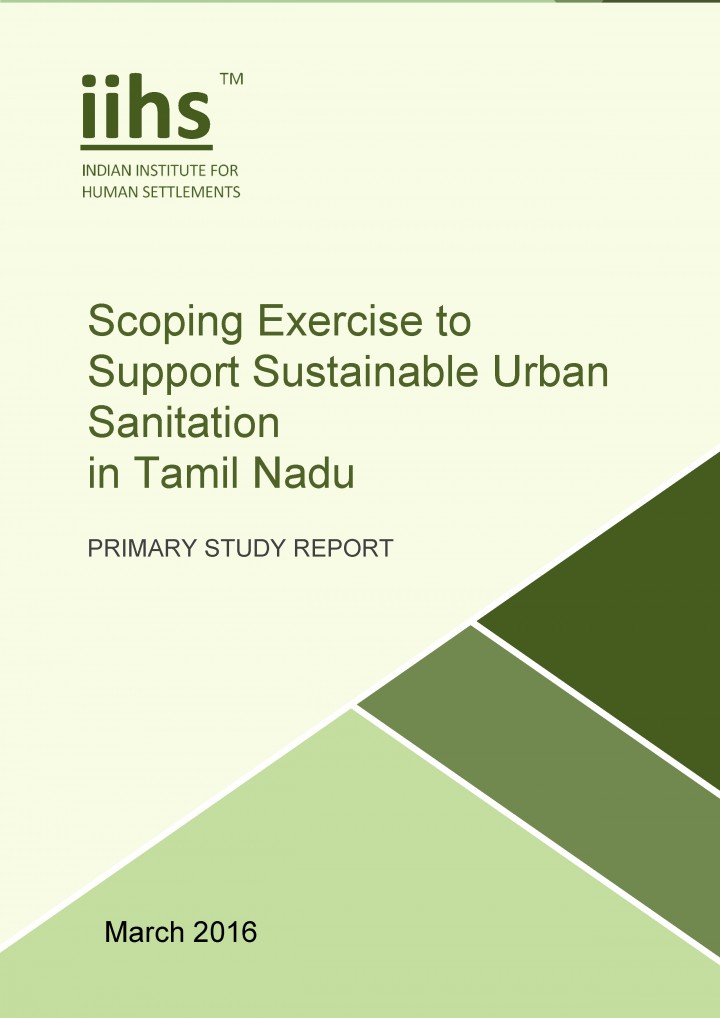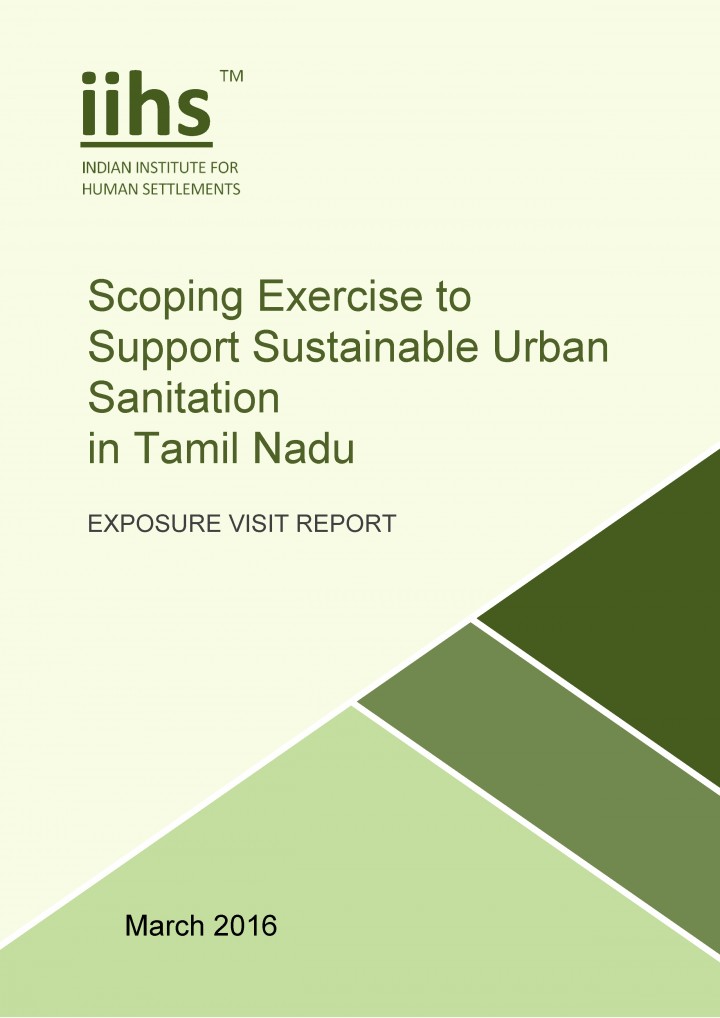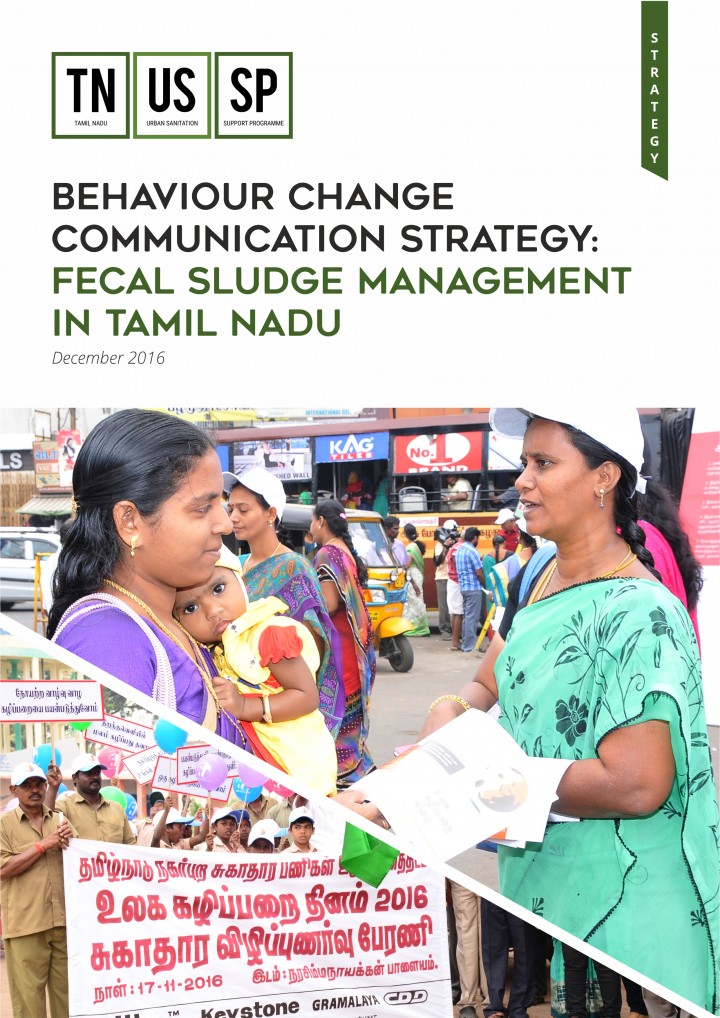CWIS TA Hub & ENPHO (2020) SFD Lite Report - Lalitpur Metropolitan city, Nepal
Lalitpur Metropolitan city which literary means ‘the city of fine arts’ is located in Lalitpur district of Province no.3 of Nepal. The city consist of 29 wards with the total population of 284,922 people residing in 70,256 households. The main sources of drinking water in the city are taps (municipal water supply), tap water (bore water) and wells. Majority of the population of Lalitpur Metropolitan […]
GIZ (2020) Webinar - Solid Problem, real solutions? How to handle non-organic waste in pit latrines (Presentations & Recordings) (in English and French)
This webinar brought together two GIZ programmes working on access to safe sanitation along the entire sanitation service chain: Scaling up of Drinking Water and Sanitation Supply in Burkina Faso and Sanitation for Millions (project component Uganda). Joined by BORDA Zambia, implementing experts from the three countries presented their experiences from the field: • Behaviour: Why do users throw solid waste such as used menstrual pads into […]
CWIS TA Hub & ENPHO (2019) SFD Lite Report - Godawari Municipality, Nepal
Godawari Municipality is located in Lalitpur District in Province No. 3 of Nepal. The municipality consist of 14 wards with the total population of 116,045 residing in 18,232 households. The majority of the population use lined tanks with impermeable walls and open bottom followed by fully lined tanks, lined pits with semi-permeable walls and open bottom, pits (all types) never emptied but abandoned when full […]
CWIS TA Hub & ENPHO (2019) SFD Lite Report - Dakshinkali Municipality, Nepal
Dakshinkali Municipality is located in Kathmandu District in Province No. 3 of Nepal. The total population is 24,297 people residing in 6,925 households. Majority of the population (80%) are dependent on public taps and the remaining 20% of population are dependent on spring water. 14% of the population depend on an offsite sanitation system but most of the population in Dakshinkali Municipality are dependent on […]
WASTE (2019) Circular economy in sanitation for agriculture – Faecal sludge management with co-composting for vegetables cultivation in the Nilgiris (Project report)
This report presents results of the project 'Circular economy in sanitation for agriculture – Faecal sludge management with cocomposting for vegetables cultivation in the Nilgiris', which started in 2017 and is funded under the Securing Water for Food programme and the FINISH Mondial programme.
WASTE (2019) WASTE Performance Evaluation - Circular Economy Model with Black and Greywater Recycling in India
This report details the monitoring and evaluation of the recent innovation by WASTE among the small-scale farmers of the horticulture district of Nilgiris in the state of Karnataka in July 2019. Fifty independent farmers were selected for interviews through a random sampling with a mix of male and female headed households. Criteria was established to assess household income, crop yield, water practices, expenses, and perceptions […]
CWIS TA Hub & ENPHO (2019) SFD Lite Report - Chandragiri Municipality, Nepal
Chandragiri Municipality is located in Kathmandu District in Province No. 3 of Nepal with a total population of 85,198 residing in 20,532 households. The main sources of drinking water in Chandragiri Municipality are public taps, household bores and wells. Majority of the households are dependent on public water supply. The majority of the population use lined tanks with impermeable walls and open bottom followed by […]
CWIS TA Hub & ENPHO (2019) SFD Lite Report - Budhanilkantha Municipality, Nepal
Budhanilkantha Municipality is located in Kathmandu District in Province No. 3 of Nepal with a total population of 153,303 people residing in 32,039 households. Most of the population are dependent on the sewer system followed by fully lined tanks, lined tanks with impermeable walls and open bottom, septic tanks, user interface directly connected to open drain and lined pits with semi-permeable walls and open bottom […]
CWIS TA Hub & ENPHO (2019) SFD Lite Report - Bhaktapur Municipality, Nepal
Bhaktapur Municipality is located in Bhaktapur district of Province no.3 of Nepal. The total number of people is 81,748, living in 17,639 households. Majority of the population of Bhaktapur Municipality are dependent on public water supply and their own source such as well and tap water. Mostly, the population of Bhaktapur Municipality are dependent on sewer system followed by fully lined tanks, user interface directly connected […]
Eawag & CDD Society (2019) SFD Lite Report - Bangalore, India
Bangalore, the capital city of Karnataka is the third largest city and the fifth largest metropolitan area in India and is fast growing. It is a centre for education, IT and biotechnology, advanced health care and is home to many more Multi National Corporations (MNCs) which attract people to the city. As per Census 2011, the population of Bangalore City was about 8.5 million. Overall, […]
UNICEF (2019) Guide to Menstrual Hygiene Materials
This guide describes commonly available MHM materials, its advantages and disadvantages to enable practitioners to choose what materials might be adequate for their target population and their context. For each menstrual material, the environmental, health, and financial aspects are highlighted in individual tables – along with considerations of availability, user experience, and standards and regulations. Technical specifications are provided for each material. The guide concludes with […]
UNICEF (2019) Guidance on Menstrual Health and Hygiene
This Programming Guidance outlines essential parts of MHH programming, characteristics of good programming and examples of good practice. It features 5 main sections: - A global opportunity: explaining the global interest in supporting MHH - Programm design: principles, government leadership, situation analysis, theory of change, costs - Core package of interventions: framework of essential MHH interventions - MHH for girls and women in vulnerable situations: overview of strategies - Learning, […]
Murthy, L., Fernandes, M., Gawade, V., Chanam, U., Chandra, V., Ramavat, K., Tandon, S., Zacharia, V., Mishra, V., Patkar, A. (2013) WASH and Health for Menstrual Hygiene Management - Training of Trainers Manual (in English and French)
This publication is intended to deepen the understanding of the biological nature of the menstruation phenomenon in order to reclaim and restore the pride and confidence that should naturally be a part of it. Managing menstruation hygienically with linked sanitary facilities is an important aspect of life – the practical dimensions of which this publication also aims to facilitate – resulting in clean, convenient facilities […]
Wapling, L., Jansz, S., Wilbur, J., Gosling, L., Nath, P., Huggett, C. (2015) Understanding and addressing equality, non-discrimination and inclusion in water, sanitation and hygiene (WASH) work - Toolkit
This resource provides you with a framework for making your work more inclusive and includes tools you can use to put the theory into practice. There are so many tools available it can be hard to know which ones to choose and when to use them. This resource brings together tried and tested resources that will help you embed equality, non-discrimination and inclusion in your […]
Breulmann, M., Brückner, F., Toll, M., van Afferden, M., Becker, M. Y., Al-Subeh, A., Subah, A., Müller, R. A. (2020) Vulnerable Water Resources in Jordan: Hot Spots
The main aim of this study originated from a request by the National Implementation Committee for Effective Integrated Wastewater Management – NICE to review and update the previously developed list of Hot Spots. Hot Spots are defined as areas where groundwater resources, through leakage of domestic wastewater from cesspools, septic tanks, or sewage networks or through inappropriate handling of wastewater, have been contaminated or are […]
Breulmann, M., Müller, R. A., Al-Subeh, A., Subah, A., van Afferden, M. (2020) Reuse of Treated Wastewater and Biosolids in Jordan-Nationwide Evaluation
This study will give an overview on the actual amounts of TWW and existing reuse practices in Jordan. By using Geographical Information Systems 33 centralized wastewater treatment systems that serve communities bigger than 5000 PE have been mapped and the actual amount and quality of TWW (about 163 MCM in 2018) and its reuse is discussed, and the best practice examples for the reuse of […]
TNUSSP (2015) Scoping Exercise to Support Sustainable Urban Sanitation in Tamil Nadu: Secondary Review Report
The secondary review of urban sanitation in Tamil Nadu provides a situational analysis of the water and sanitation situation in urban areas of the State, situated in the context of economic growth, demographic change, natural resource endowments and their historical utilisation character. This study draws mainly from available secondary literature and data from government and other public sources. The report also has details on the […]
TNUSSP (2016) Scoping Exercise to Support Sustainable Urban Sanitation in Tamil Nadu: Primary Study Report
With a view to scope the tasks under the Tamil Nadu sanitation mission, IIHS carried out a scoping exercise in 2015 to gain an in-depth understanding of the current arrangements and practices in the full cycle of sanitation. The study assessed a range of issues across the sanitation cycle including design and construction practices of on-site sanitation systems, septage collection and waste disposal in Pammal […]
TNUSSP (2016) Scoping Exercise to Support Sustainable Urban Sanitation in Tamil Nadu: Exposure Visit Report
In India, there is lack of demonstrated successful models with respect to FSM. Government stakeholders gaining exposure to robust FSM models in another developing country was envisaged as one of the key preparatory steps for the development and operationalisation of effective FSM systems in Tamil Nadu. This report presents the preparatory work undertaken to organise exposure visits for Government of Tamil Nadu (GoTN) officers to […]
TNUSSP (2016) Behaviour Change and Communication Strategy
In Tamil Nadu, currently, a range of behaviour deficits exist along the full cycle of sanitation at the stages of access, containment, emptying, transport, treatment and re-use/disposal. However, communication strategies in the sanitation sector have been largely limited to promoting hygiene behaviours such as handwashing or stopping open defecation by promoting the use of toilets. While these efforts are important, there are several other behaviour […]
